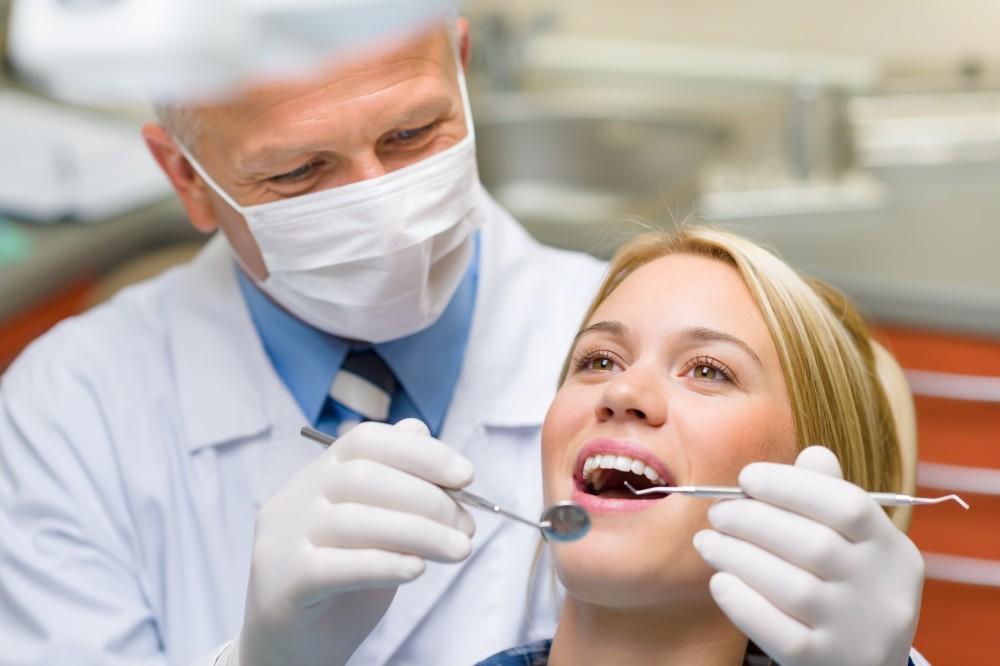
Handle Dental Emergencies: When You Can't Get to the Dentist
When you're experiencing a dental emergency, it's important to take the right steps to protect your teeth and prevent further damage until you can see a dentist. Whether you've knocked out a tooth, have a severe toothache, or have a broken crown, knowing what to do can help save your smile. In this article, we'll cover everything you need to know about handling dental emergencies, from common causes to preventative measures, and how to handle each situation with ease.
What Are Dental Emergencies?
Dental emergencies refer to any situation where you experience sudden pain, injury, or trauma to your teeth, gums, or jawbone. Some of the most common dental emergencies include:
Knocked-out tooth
Severe toothache
Broken, chipped, or cracked tooth
Lost filling or crown
Broken or dislocated jaw
Abscess or infection in the gums
Object lodged between teeth
Preventing Dental Emergencies
While some dental emergencies are unavoidable, there are steps you can take to reduce your risk of experiencing one. Here are some preventative measures to keep in mind:
Maintain good oral hygiene by brushing and flossing regularly.
Wear a mouthguard when playing sports or engaging in other physical activities.
Avoid chewing hard foods, ice, and other objects that can damage your teeth.
See your dentist regularly for check-ups and cleanings to catch any potential issues early on.
What to Do When You Experience a Dental Emergency
If you experience a dental emergency, it's important to stay calm and take the following steps:
Knocked-Out Tooth
Retrieve the tooth by holding it by the crown (the top part of the tooth) and avoid touching the root.
Rinse the tooth gently with water, being careful not to remove any attached tissue.
Try to reinsert the tooth into the socket if possible. If not, keep the tooth moist by placing it in a container of milk or saliva until you can see a dentist.
Severe Toothache
Rinse your mouth with warm water.
Use dental floss to remove any trapped food or debris.
Take an over-the-counter pain reliever such as ibuprofen.
Apply a cold compress to the outside of your cheek to help reduce swelling.
Broken, Chipped, or Cracked Tooth
Rinse your mouth with warm water.
Use a cold compress to reduce swelling.
See your dentist as soon as possible.
Lost Filling or Crown
Apply dental cement or sugar-free gum to the area to help protect the tooth.
See your dentist as soon as possible to have the filling or crown replaced.
Broken or Dislocated Jaw
Apply a cold compress to reduce swelling.
Seek medical attention immediately.
Abscess or Infection in the Gums
Rinse your mouth with warm saltwater.
Take an over-the-counter pain reliever.
See your dentist as soon as possible.
Object Lodged Between Teeth
Use dental floss to gently remove the object.
Do not use sharp objects to try and dislodge the object as this can cause further damage.
When to See a Dentist
While some dental emergencies can be handled at home, it's important to see a dentist as soon as possible for more severe cases. You should see a dentist if:
You've lost a tooth or have a loose tooth.
You're experiencing severe pain or bleeding.
You have a broken or dislocated jaw.
You have an abscess or infection in your gums.
You've lost a filling or crown.
Conclusion
Dental emergencies can be scary, but with the right knowledge and preparation, you can handle them with confidence. Remember to stay calm, assess the situation, and take the appropriate steps to protect your teeth and prevent further damage until you can see a dentist. By following the tips and preventative measures outlined in this article, you can reduce your risk of

a dental emergency and keep your smile healthy and strong.
FAQs
What should I do if I experience a dental emergency outside of normal business hours?
If you experience a dental emergency outside of normal business hours, many dental offices have an emergency line that you can call for advice and assistance. If you're unable to reach your dentist, seek medical attention at an urgent care clinic or emergency room.
How can I prevent dental emergencies when playing sports?
Wearing a mouthguard is one of the best ways to prevent dental emergencies when playing sports. Talk to your dentist about getting a custom-fitted mouthguard for optimal protection.
Is it ever okay to try to reinsert a knocked-out tooth?
If you're able to reinsert a knocked-out tooth into the socket, it can increase the chances of saving the tooth. However, it's important to handle the tooth carefully and seek dental attention immediately.
Can dental emergencies be prevented altogether?
While some dental emergencies are unavoidable, many can be prevented by maintaining good oral hygiene, wearing a mouthguard, and avoiding hard or sticky foods.
How do I know if my dental emergency requires immediate medical attention?
If you're experiencing severe pain, bleeding, or have lost a tooth or filling, it's important to seek immediate dental attention. For broken or dislocated jaws or severe infections, seek medical attention at an urgent care clinic or emergency room.
Appreciate the creator